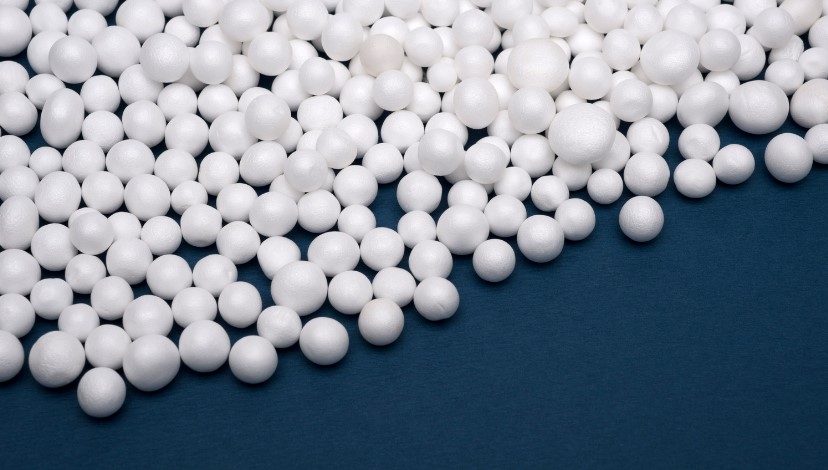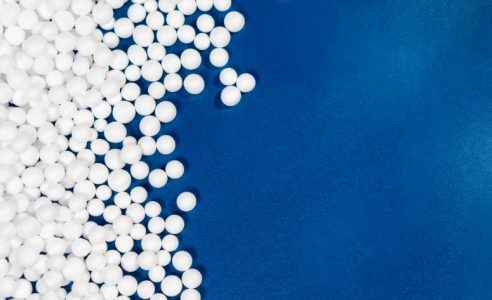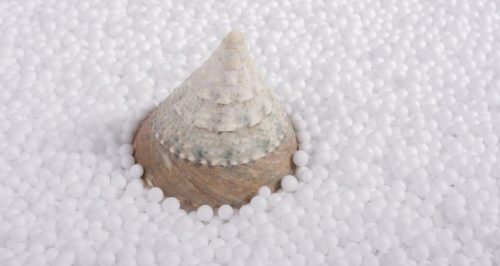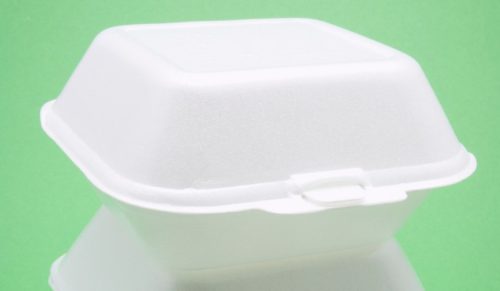
What are the benefits of recycling polystyrene?
One of the most popular types of plastic is polystyrene. It’s the cushioning material used to protect items during delivery; you may see it in take-out coffee cups and egg cartons. Although many people refer to it as Styrofoam. Although polystyrene is an extremely adaptable material, recycling it isn’t always simple.
Typically, polystyrene cannot be recycled locally since it must be transported to a centralised facility. This increases the recycler’s costs and lessens the motivation to recycle. Additionally, even though the material is often disinfected throughout the recycling process, recovered polystyrene cannot typically be utilised for products that contact food due to health concerns. For packaging or other purposes, recycled EPS may be used instead, although fresh EPS is always required for plates and coffee cups.
Can polystyrene be recycled?
Every year, the UK uses 275,000 tonnes of plastic. The average family discards about 40 kilogrammes of waste each year that could simply be recycled.
Depending on where you live, someone may be able to recycle their polystyrene while someone in the nearby council district may not be able to.

It is also not the most straightforward item to recycle. This would require expensive and challenging equipment to develop. Despite being incredibly lightweight, collecting a lot of the waste polystyrene we accumulate is difficult due to its size.
What are the disadvantages of polystyrene?
Given that polystyrene is frequently a throwaway material, millions of tonnes of it may end up in landfills every year, which must be taken into account when analysing the environmental effects of polystyrene.
Because polystyrene cannot decompose, it has a negative effect on the environment. It is important to thoroughly assess the effects of polystyrene use and, whenever practical, look for alternatives. Polystyrene should be produced and used less in manufacturing and packaging, and it should be reused and recycled as much as feasible.
Is polystyrene recyclable in the UK?
You must ascertain whether the polystyrene you have is “classic polystyrene” or “expanded polystyrene” before deciding whether it is recyclable.

Styrene, a liquid hydrocarbon, is used to make polystyrene, a plastic that cannot be recycled. The new variety of expanded polystyrene, however, can and ought to be recycled; in reality, about 100 tonnes of expanded polystyrene are recycled each month in the UK.
Can I put polystyrene in my recycle bin?
No, Expanded polystyrene would probably not be recycled if it were combined with your other recyclable plastics.
Expanded polystyrene waste recycling facilities are available in some councils, and some merchants will remove your polystyrene packaging so they may reuse it.
Which Industries Use Polystyrene?
Food Industry

Over preserving food for longer periods of time, polystyrene is ideal. It is also a cheap alternative to many of the current choices and produces excellent insulation.
Medical Industry
Polystyrene is a suitable material for medical purposes since it is simple to sterilise. The substance is delivered along with medical equipment, test tubes, Petri dishes, tissue culture trays, and test kits.
Electronics & Exercise Equipment
When unboxed, computers, televisions, and exercise equipment must appear stunning. They must be undamaged and maintain their original appearance. The greatest option for safeguarding this priceless equipment is polystyrene.
The Benefits of Recycling Polystyrene
Polystyrene Wood
Numerous products can be made from polystyrene. Thus, the most inventive approach to recycle polystyrene is to make wood from it. You may create polystyrene wood by combining certain paintbrushes with the material.
Cut down Carbon Footprint

Petroleum, a type of oil, is the source of polystyrene. Recycling prolongs the life of products while also reducing carbon emissions. However, it is constrained by resources, so you can create a new one under less stress.
Saves Room
The majority of polystyrene has had its size reduced by roughly 5%. Therefore, it requires less space in your home. On the other hand, it reduces the quantity of hazardous rubbish at your place of business.
It Gives a Way to Make Money
A typical material used for packing is polystyrene. Polystyrene might thus help you save money on packing expenses. Polystyrene is so widely used in the electronics, architectural, culinary, and medical industries.
The Issues With Polystyrene Disposal
Polystyrene is frequently disposed of in the most traditional manner, which is by being sent to landfill because few businesses are aware that it is actually a recyclable and reusable commodity.
However, polystyrene occasionally poses a serious threat to other ecosystems. As follows:
Marine Life
Microparticles of debris produced by the breakdown of polystyrene are easily able to find their way into streams, rivers, and other aquatic ecosystems, eventually reaching the seas.

To aquatic creatures like fish, it may appear edible when it decomposes. When consumed, it clogs digestive tracts and kills a significant amount of marine life. Unfortunately, up to 90% of all marine garbage is made up of polystyrene.
Air Quality
Styrene is released into the air when polystyrene is burned. It is thought that styrene is a cancer-causing carcinogen.
While campaigns and media emphasise the problems with plastic pollution, studies into the effects of polystyrene are scarce. The problems with disposing of polystyrene are avoided when the material is recycled, giving it a longer lifespan and reducing its impact.